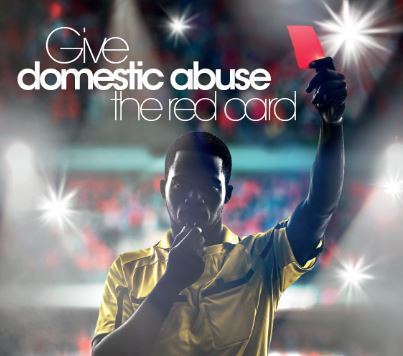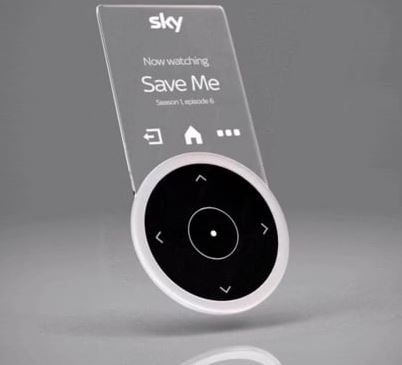McCain ‘We Are Family’ / Adam & Eve/DDB, PHD, Freuds
Wednesday August 23, 2017 | Leave a comment

There were buttons for parents to wear at my university graduation signifying the wearer as a “Proud Mum” and “Proud Dad”. Why no “Proud Granddad” or “Proud Sister” badges? Why alienate all the proud supporters in attendance who didn’t belong to these categories? My family ended up just bypassing the buttons. There are many ethical reasons for supporting diversity and inclusiveness, but on a commercial level brands are starting to realise that failing to be inclusive is a missed sales opportunity. Increasingly, consumers want brands that understand them, and brands, such as McCain, have introduced their own inclusiveness drives.
Embracing the evolving family unit, McCain has recently released ‘We Are Family’. The film by Adam & Eve/DDB asserts mealtimes are the best times for all types of families to come together. A voice-over celebrates single-mums, working mums, weekend dads, granddads, friends and the countless others who make up the extended family unit as creative shows the happiness and love that come from all relationships. The 60-second work ends with the strap-line ‘Families come in all shapes and sizes but it’s mealtime that make a family’. Freud Communications worked on PR while PHD handled media for ‘We Are Family’.
What makes ‘We Are Family’ so memorable is its overt departure from the way families have traditionally been portrayed in food ads. The Oxo family was hugely popular in a different era, but brands have realised that this model is no longer reaching viewers on an emotional level. The cookie-cutter perfect family of the past no longer feels authentic, and we can’t identify with the characters that we once embraced. McCain’s iteration of modern family life is a conscious effort to acknowledge that the Oxo depiction of family life is archaic. The work’s acceptance of all types of family situations, from separated parents to working parents or even same-sex parents, shows how far inclusiveness in advertising has come in recent years. It’s all in there. There is no pride of place, no ‘Proud Mums’ or ‘Proud Dads’.
Just last month, the ASA released new standards regarding the portrayal of stereotypical gender roles in ads. Clearly the nature of advertising is changing – and rapidly. Some advertisers are on the right track to embracing all types of consumers, Maltesers’ ‘Look on the Light Side’ campaign comes to mind immediately for breaking disability taboos in a humorous and effective way. While Maltesers, and more recently McCain, have triumphed in their diversity briefs, Boohoo’s latest push to empower all women is an example of an ill-constructed diversity drive. The reason #AllGirls was met with criticism and disdain is that the work wasn’t an authentic attempt to make a difference in advertising. Clearly, it’s impossible to whack together a great all-inclusive campaign that appeals to all groups. Brands must think carefully about the execution of such campaigns and must deliberately set out with the goal of providing an empowering voice for all people, not just generic market research groupings.




